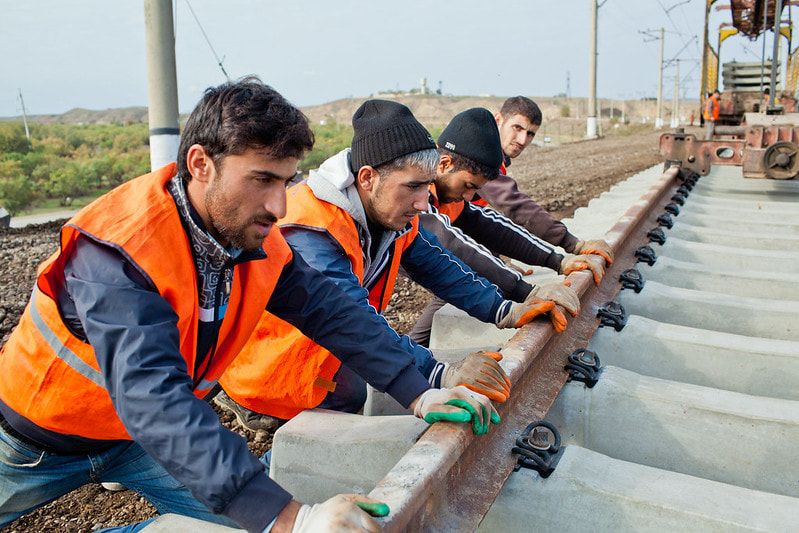Climate Emergency Economy
What would an economy that faced up to the reality of the climate emergency look like? To truly meet the challenge, the UK must rethink our industrial and economic dependency on materials and products sourced from around the world. This project (starting in 2019) explores how trade, industry and infrastructure need to change to meet zero carbon goal and is part of a collaboration with the Green European Foundation.
Nuclear Power and the contradictions of the UK’s Energy Security Strategy
UK's Energy Security Strategy backs nuclear over greater renewables and energy efficiency. It risks increasing prices and failing to meet future electricity demand. The tools used to make nuclear investor friendly should be used for energy efficiency instead.
Mineral extraction and the world’s self-deception
Regulation is essential to ensure global mineral extraction is politically and environmentally sustainable.. It This report argues that the only way to reduce the damage caused by mineral extraction is stronger regulation.
Climate Reality – Facing Up or COPping Out?
Did COP26 face up to climate reality? We apply some tough tests to its outcomes, and think about the hard challenges ahead. Join Rupert Read, Elsie Luna and John Foster for a searching assessment from three different perspectives, followed by a lively discussion.
Greening Hydrogen - Big issues around a small molecule
This report is part of a project led by the Green European Foundation exploring what a climate emergency economy would look like through a rethinking of trade, industry and infrastructure investment.
How can we transform our Economy to fight climate change?
This video is part of Green House's Climate Emergency Economy project
Global Public Investment requirements for Zero Carbon
Sufficient and appropriately directed global public investment is critical to shift our economies globally to zero carbon. Currently such investment is inadequate, and still funds infrastructure expansion which increases dependance of fossil fuel reliant.
Zero Carbon Policy Toolkit
The Toolkit is made up of 10 blockers to zero carbon, and 10 enablers. Each of these represents an intervention in our economy which taken together
Webinar: Overseas Development Finance and the Climate Emergency
As the COP26 Climate Summit approaches, join international development specialists, campaigners and politicians from Europe and the UK to discuss how aid and climate finance must change to support an equitable 1.5°C world.
Measuring what matters
Emma Dawnay's proposal outlined is that the Green Book is updated to require the key metrics of greenhouse gas emissions to be at the forefront of each and every project appraisal
Transport Investment: The Zero Carbon Challenge
Our current targets to phase out fossil fuels is insufficient. Investment drives increases in hard to decarbonise transport infrastructure. Only by shifting our investment priorities in these terms will it be possible to meet the target of keeping global warming within the 1.5°C
Reaching Zero Carbon Transport: What will it take?
Online event discussing what ‘zero carbon’ means for transport - and how we get there. Speakers include Natalie Bennett (Green Peer) and Professor Julian Allwood (University of Cambridge).This event was part of the Climate Emergency Economy Project and recording is available












